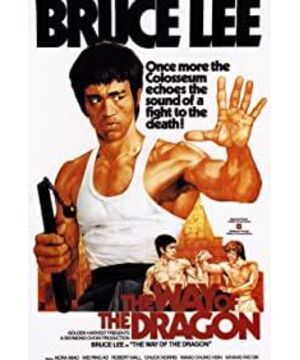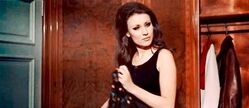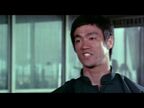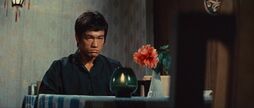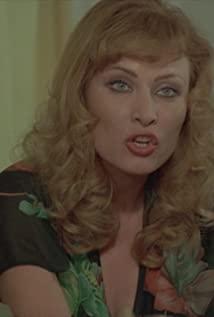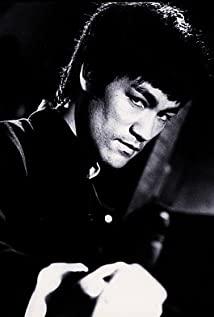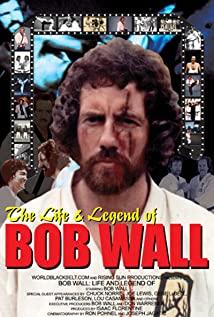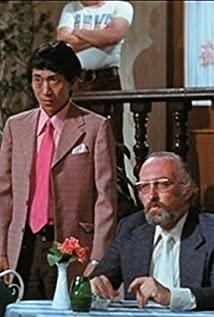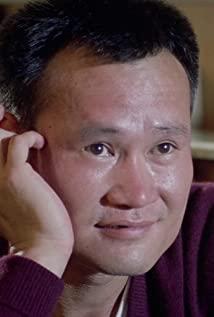There were some filming techniques, for example, the mirrored image of Lee practicing martial arts, but the use was too deliberate and uninspiring. The close-up shots from a bigger picture of fight scenes to fighters' faces were too abrupt; I'd expect smoother transitions of the camera moving. The only thing that caught my attention was the use of echoes in the Colosseum. The villain's threats with the echoed intensification brought dynamics to the scene. The complex architecture of the Colosseum could have been better presented; it made a great spot for a chasing scene. Instead, the fight scene felt very flat.
The entire film seemed to be a documentary of Bruce Lee's undefeatable kung-fu, but not an exquisitely designed film. The plots and the shaping of characters are weak. The mafia group did not have any historical references, unlike the ones in typical Hong Kong movies. The betrayal of Uncle Wang seemed to come from nowhere; his alleged motivation which was his family was never mentioned beforehand. The whole story was oversimplified and lack of climax. The film even reminded me of some roughly-constructed commercial films in recent times where the use of a foreign scene is mainly to attract more audience but has no connections to the storyline or the characters' background. (What does Italy have to do with who Tung Lung is as a person?)
I highly respect Bruce Lee as a martial art master, and I love his philosophy of “one-inch punch” – if you concentrate your energy on one point, you can defeat a much stronger opponent. He was an incredible contributor to embracing the pragmatic concept of Chinese kung-fu. Before him, Chinese martial arts such as taichi (or taiji) are mainly for ritual or exercise use. His dedication to advocating Jeet Kune Do was phenomenal all around the world.
Noticing that Bordwell discussed Bruce Lee and Jackie Chan in the same chapter, I have to admit I like Jackie Chan's approach to shaping characters. Like he said: “Instead of kicking high like Bruce Lee, I kick low. He plays the invincible hero, I'm the underdog. His movies are intense, mine are light.” There has to be ups and downs, wins and losses in films, as in real life. Bruce Lee's “invincible hero” character just killed all the fun for me as an audience.
References
Bordwell, D. (2011). Planet Hong Kong - Popular Cinema and the Art of Entertainment (2nd ed). Irvington Way Institute Press.
View more about The Way of the Dragon reviews


